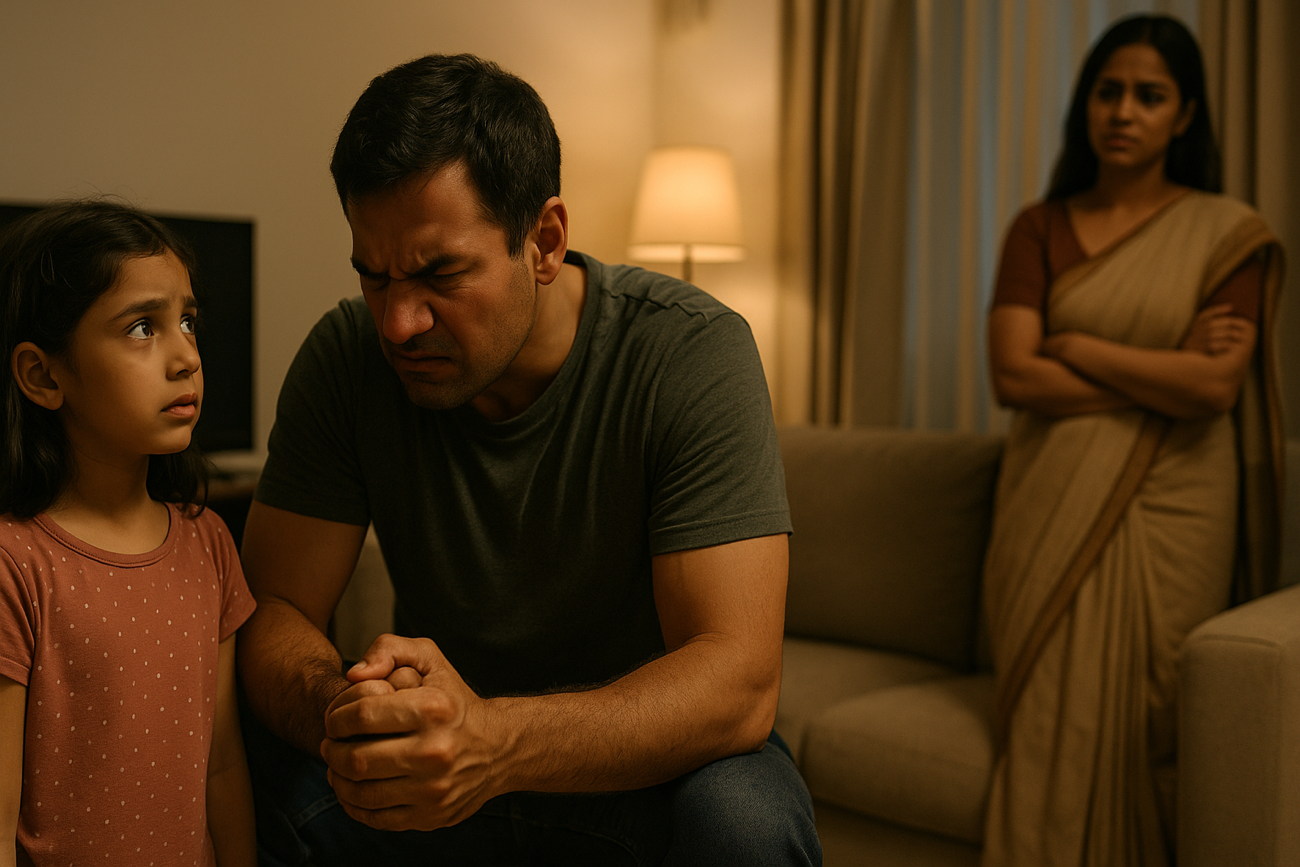Social isolation is a significant yet often overlooked issue that disproportionately affects men, especially as they age. Traditionally, men rely heavily on their spouses or partners for emotional support and are less likely to maintain broad social networks compared to women. This dynamic poses a problem when men face major life changes such as retirement, loss of a spouse, or health issues, often leading to profound isolation.

The impacts of social isolation on men are severe, increasing susceptibility to mental health issues like depression and anxiety, higher rates of chronic physical illnesses, and even a greater risk of premature death. The challenge is exacerbated by prevailing cultural norms that equate masculinity with emotional resilience and self-reliance, discouraging men from expressing vulnerability or seeking social connections.
Addressing this critical issue requires a shift in societal attitudes and the implementation of targeted interventions. Awareness campaigns can play a pivotal role, helping to reshape the perception of social engagement among men from a sign of weakness to an essential aspect of overall well-being. These initiatives should highlight the benefits of social interaction and challenge the traditional views of masculinity that stigmatize emotional openness.

Practical solutions include community programs designed to engage men in social activities that match their interests. Whether through sports teams, hobby groups, or social clubs, these platforms can provide regular opportunities for interaction and help men build and maintain social connections. For older men, local community centers and organizations can offer programs tailored to their interests and capabilities, encouraging participation in group activities like workshops, classes, and local outings.
Healthcare providers also have a crucial role in combating social isolation by recognizing signs of loneliness during regular check-ups and suggesting social activities as part of health management. Additionally, mental health services need to be attuned to the specific needs of men, offering support in environments where they feel safe to discuss their experiences and emotions.
Finally, leveraging technology can bridge gaps in physical interaction, especially for those who are less mobile. Online platforms and virtual communities can connect men with peers sharing similar interests or experiences, regardless of their physical location.

By combining these strategies—cultural change, community engagement, healthcare support, and technological tools—the societal impact of social isolation among men can be significantly mitigated. Such efforts will not only improve individual lives but also enrich the broader community, ensuring that men of all ages have the support and connections necessary to lead healthier, more fulfilled lives.
Discover more from MensAgony
Subscribe to get the latest posts to your email.









